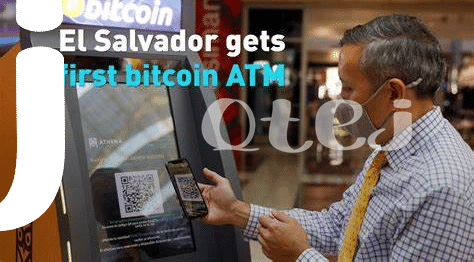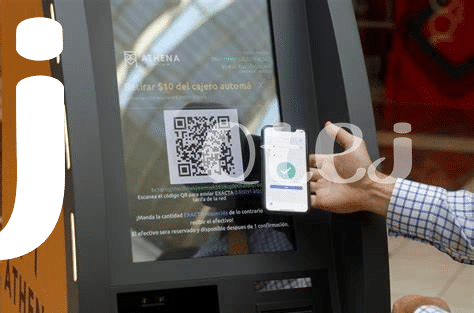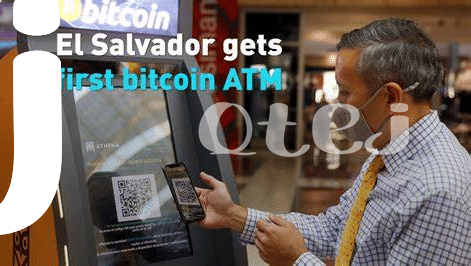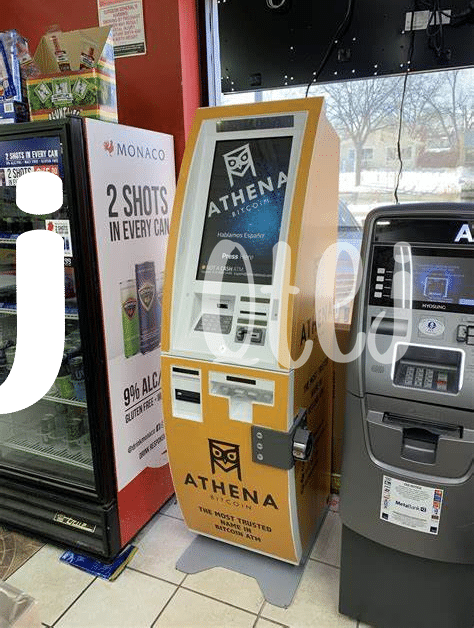Overview of Bitcoin Atm Regulations 🌐

Bitcoin ATMs have been gaining popularity worldwide, prompting regulatory bodies to establish guidelines to govern their operation. These regulations aim to ensure consumer protection, prevent illicit activities, and maintain the integrity of the financial system. Compliance requirements vary from country to country, covering aspects such as licensing, anti-money laundering measures, geographic restrictions, and security protocols. Understanding these regulations is crucial for both operators and users to navigate the evolving landscape of cryptocurrency transactions.
As the cryptocurrency ecosystem continues to expand, regulators are expected to adapt and refine existing frameworks to keep pace with technological advancements and emerging uses of Bitcoin ATMs. This dynamic environment underscores the importance of staying informed about regulatory developments and industry best practices to operate within the bounds of the law. By fostering a compliant and transparent ecosystem, Bitcoin ATMs can contribute to the broader adoption of cryptocurrencies and shape the future of financial innovation.
Licensing Requirements for Bitcoin Atm Operators 🏛️
When it comes to operating a Bitcoin ATM, there are certain requirements that operators must meet to ensure compliance with legal standards. These licensing requirements often involve obtaining permits and authorizations from regulatory bodies, which vary depending on the jurisdiction in which the ATM will be placed. Operators must navigate through a complex web of regulations to ensure that their machines are legally compliant and can operate smoothly within the framework of existing laws and guidelines.
It is essential for Bitcoin ATM operators to stay informed about the latest licensing requirements in their respective regions to avoid any legal issues. By proactively adhering to these regulations, operators can not only protect themselves from potential fines or penalties but also contribute to the overall legitimacy and acceptance of Bitcoin ATMs in the financial landscape.
Compliance with Anti-money Laundering Laws 💰

Anti-money laundering laws play a crucial role in regulating Bitcoin ATM operations, aiming to prevent illicit activities and ensure transparency in transactions. Operators must adhere to strict guidelines, implement robust KYC (Know Your Customer) procedures, and report any suspicious transactions promptly. Compliance with these laws not only fosters trust within the cryptocurrency ecosystem but also enhances the legitimacy of Bitcoin ATMs as a secure and reliable financial service.
Geographic Restrictions and Zoning Laws 🗺️

Geographic Restrictions and Zoning Laws play a crucial role in the operation of Bitcoin ATMs. These regulations determine where these machines can be located, ensuring compliance with local laws and ordinances. It is essential for Bitcoin ATM operators to understand and abide by these restrictions to avoid legal issues and maintain smooth operations within communities. As the cryptocurrency landscape evolves, staying up-to-date with zoning laws will be vital for the future success of Bitcoin ATMs.
Don’t forget to check out are bitcoin atms legal in denmark?
Security Measures at Bitcoin Atms 🔒
Security at Bitcoin ATMs is paramount to ensure the safety of users’ transactions and data. Advanced encryption protocols and secure hardware components are employed to protect against unauthorized access and potential cyber threats. Additionally, regular security audits and maintenance checks help in identifying and addressing any vulnerabilities promptly, thus maintaining a high level of trust among users. Proper training for operators on security best practices also plays a vital role in safeguarding the integrity of Bitcoin ATM operations. Ultimately, a comprehensive security framework instills confidence in users utilizing these convenient cryptocurrency access points.
Future Trends in Bitcoin Atm Regulation 🚀

As the landscape of financial technology continues to evolve, the future of Bitcoin ATM regulation holds promising advancements. Regulatory bodies are exploring innovative ways to address issues of security, compliance, and accessibility in the realm of cryptocurrency transactions. With the rapid growth of the digital currency market, we can expect to see more tailored regulations and increased collaboration between governments and industry stakeholders to ensure the safe and efficient operation of Bitcoin ATMs.
insert a link to are bitcoin atms legal in czech republic? with anchor are bitcoin atms legal in dominica? using the
